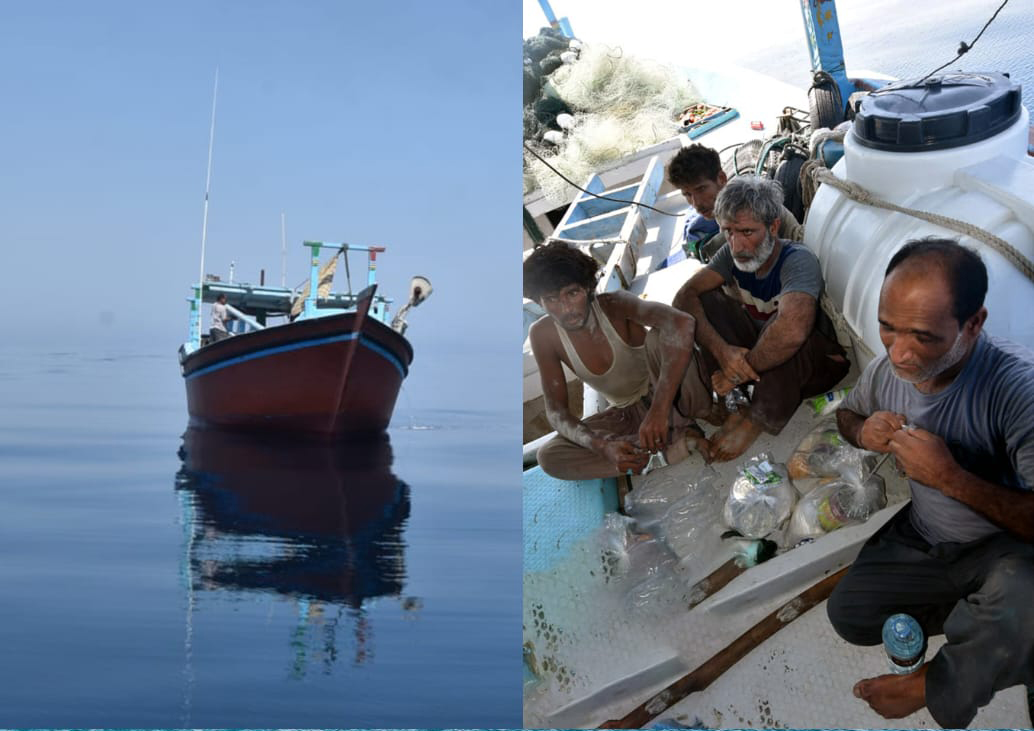ISLAMABAD: Pakistan and Saudi Arabia on Tuesday called for an immediate ceasefire and uninterrupted delivery of humanitarian aid in Gaza.
Saudi Arabia’s Foreign Minister Prince Faisal bin Farhan, on a visit to Islamabad, said that international efforts toward a ceasefire between Israel and Hamas have been “wholly insufficient.”
“We are now actively discussing the potential for famine in Gaza, and it means people are starving to death because humanitarian assistance is not getting to them,” he said. “This is an unacceptable situation.”
Without directly mentioning an Iranian attack on Israel over the weekend, he said “we are already in an unstable region, and the humanitarian catastrophe in Gaza is already inflaming the region. We do not need more conflict in our region, we do not need more confrontation in our region, so it is our position that the de-escalation must be everybody’s priority.”
Tensions in the region have ramped up since the start of the latest war on Oct. 7, when Hamas carried out a devastating cross-border attack that killed 1,200 people in Israel and kidnapped 250 others. Israel responded with an offensive in Gaza that has caused widespread devastation and killed over 33,800 people, according to local health officials.
Pakistan’s Foreign Minister Ishaq Dar described the killings in Gaza as “genocide” and said that the “world’s conscience must wake up” and there should be “an immediate and unconditional ceasefire” with aid flowing into the territory.
Pakistan’s Prime Minister Shehbaz Sharif earlier met with Prince Faisal and called for closer cooperation with Saudi Arabia to help his cash-strapped nation with investment, a government statement said.
Sharif last week met with Crown Prince Mohammed bin Salman in Saudi Arabia, one of Pakistan’s closest allies and a leading supplier of oil to Islamabad. According to Pakistani officials, Prince Mohammed had assured Pakistan that Saudi Arabia would invest $5 billion in Pakistan.
In July, Saudi Arabia deposited $2 billion into Pakistan’s central bank to boost its foreign exchange reserves.


















